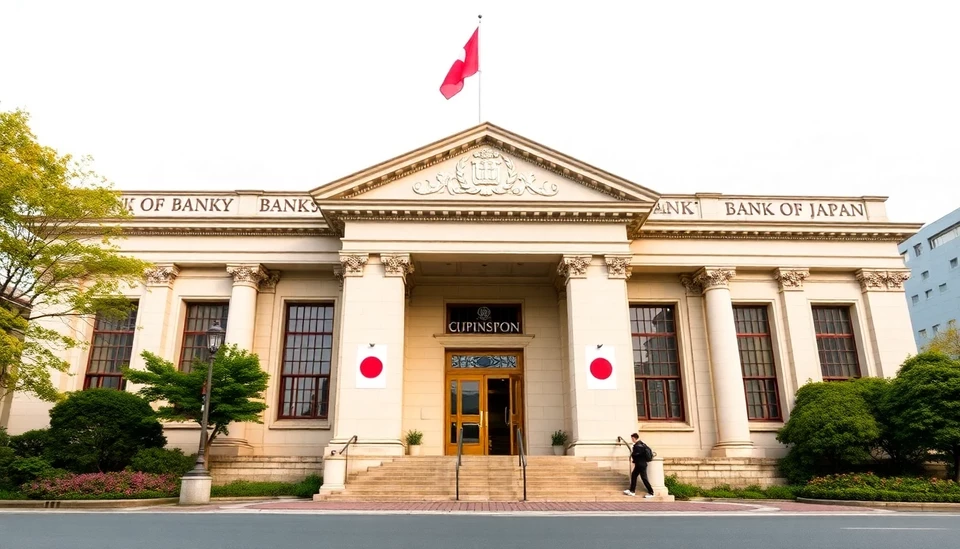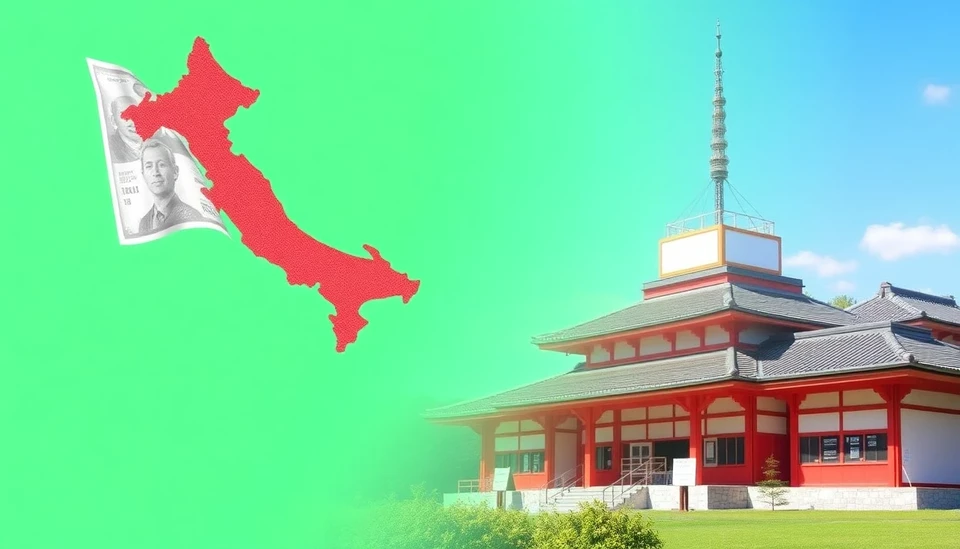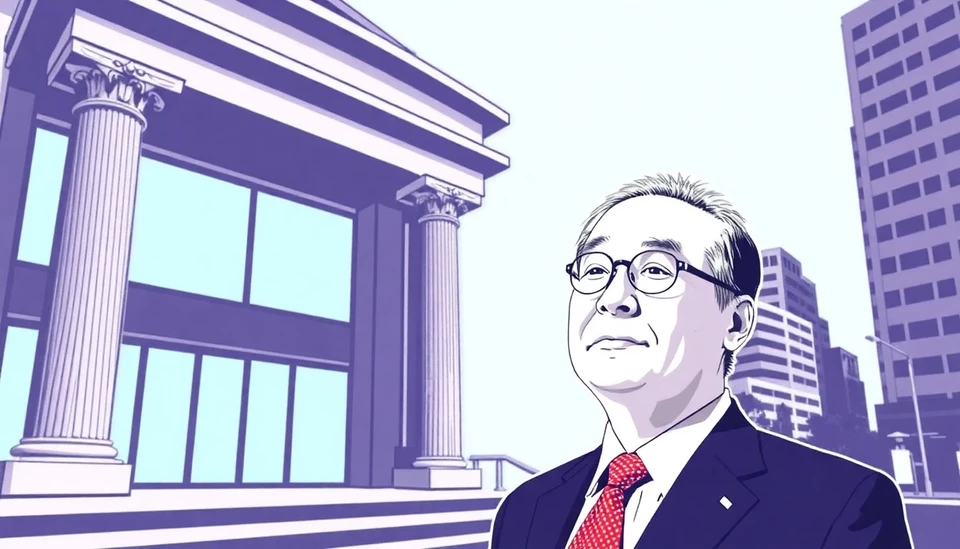
In a significant move that could reshape the financial landscape in Japan, the Bank of Japan (BoJ) has announced an increase in interest rates, marking the highest level since the global financial crisis of 2008. This decision has sent ripples across international markets and is being closely monitored by economists and investors alike who are gauging its implications on the world economy.
This interest rate hike, which takes the benchmark rate to a reported 0.5%, reflects the BoJ's shift in monetary policy amid rising inflationary pressures and a robust economic recovery. The bank had maintained a near-zero interest rate policy for several years, primarily aimed at stimulating growth and combating deflation. However, with inflation rates now consistently exceeding its 2% target, the BoJ finds itself at a crossroads.
Central bank officials argue that the decision was driven by a need to address the persistent threats of inflation, which have been exacerbated by supply chain disruptions and rising global energy prices. The bank's president, Kazuo Ueda, emphasized that the previous ultra-loose monetary policy could no longer be justified under the current economic conditions, suggesting a new era for Japan's economy.
The timing of this announcement, made amidst a backdrop of global economic uncertainties, has sparked various reactions in financial markets. The Japanese yen initially gained strength against major currencies, while the stock market displayed volatility as investors recalibrated their expectations. Many analysts believe this increase could pave the way for further rate hikes in the future, depending on how economic conditions evolve.
Furthermore, the BoJ's decision will not only affect Japan's economy but could have broader implications for global financial systems. As one of the largest economies in the world, changes in Japan's monetary policy are likely to influence international investors' strategies and banking institutions' responses globally. Many analysts are warning that the increased interest rates could lead to a tightening of financial conditions that may hamper growth, particularly in developing economies.
As the world watches closely, the coming months will be crucial for the Bank of Japan as it navigates these turbulent waters. Economic indicators, such as consumer spending, inflation metrics, and international trade, will be pivotal in determining the sustainability of this rate increase and the overall health of Japan's economy.
In conclusion, the Bank of Japan's recent interest rate hike represents a paradigm shift in its monetary policy that could have far-reaching effects both domestically and internationally. As Japan moves forward from this historic decision, all eyes will be on the central bank's next moves and how they will shape the future economic landscape.
#BankOfJapan #InterestRates #Economy #GlobalMarkets #Inflation #FinancialNews #MonetaryPolicy
Author: Laura Mitchell




